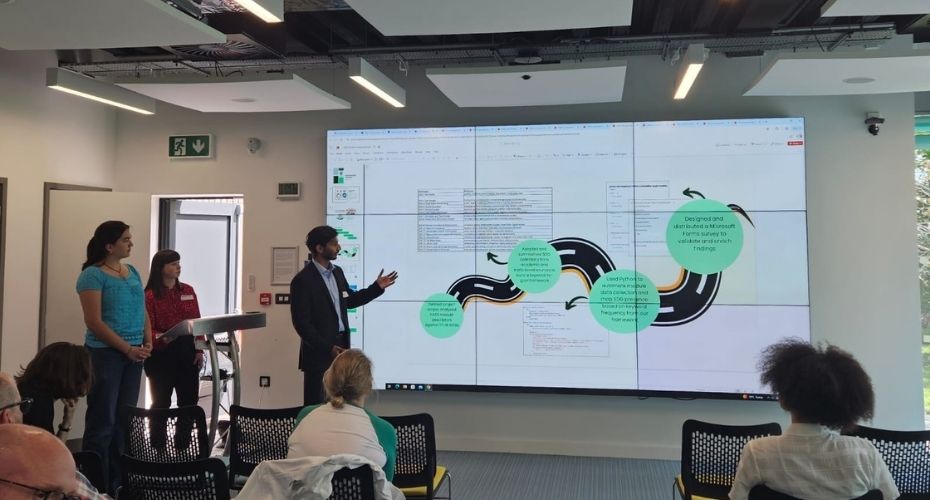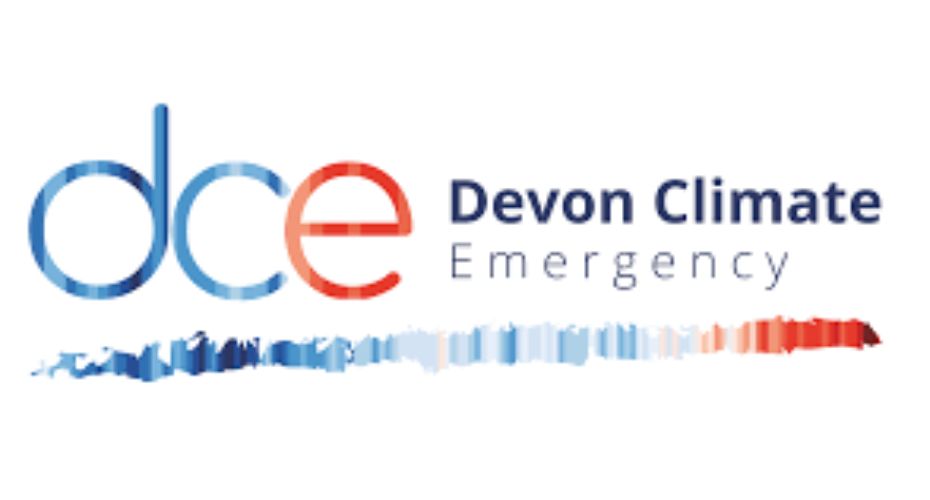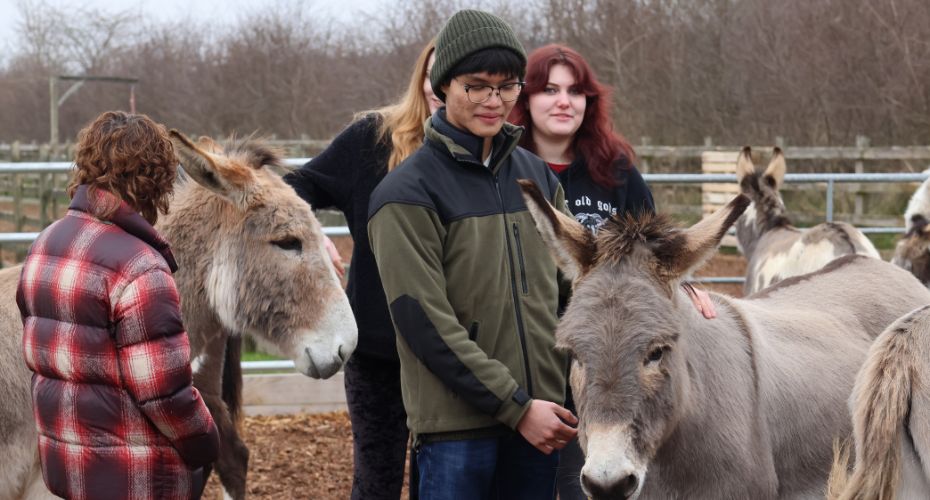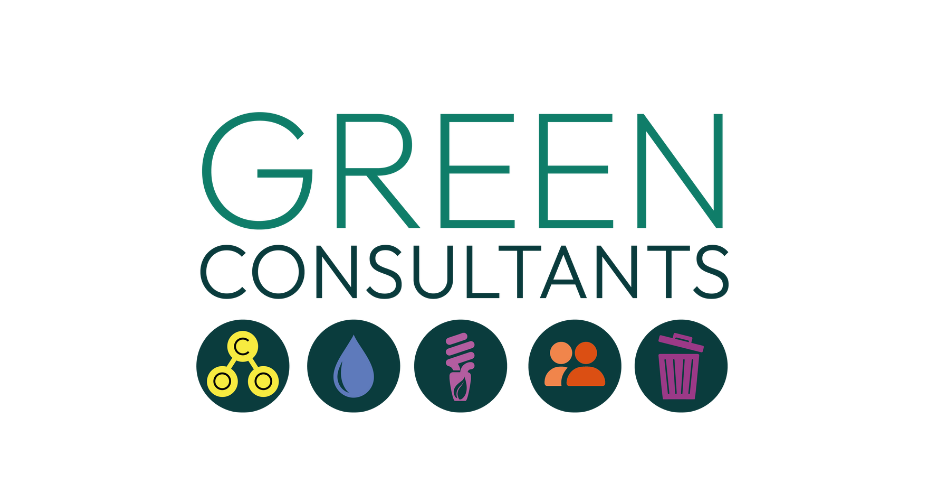By Dr Nick Kirsop-Taylor (Chair of HASS Sustainability) and Georgia Hill (Law, Doctoral Researcher)
Humanities and social sciences central for navigating the current and future sustainability crises: reporting on the inaugural HASS Sustainability Education Excellence symposia.

At a time when so many humanities and social science departments in Higher Education appear to be facing hard decisions and a stark future, many are asking what our purpose in the current and emerging world order is. This is an existential moment for many humanities and social science (“HASS”) departments and colleagues around the UK and further afield.
However, from climate breakdown to the sixth Holocene mass extinction, rising global inequalities and the creeping tendrils of authoritarianism – the socio-ecological sustainability crises of the modern age are fundamentally human in nature. They are rooted in human societies, cultures, politics and identities – and the tools and lenses we need to understand them (and potentially find solutions) lie in the humanities and social sciences. We have a clear purpose and social mission as part of the societal transformation towards more sustainable, just and inclusive societies, where education is at the forefront: – what we as educators teach, who we teach, and how we are enabling and empowering social learners and critical thinkers.

This idea was given full flight at the inaugural HASS Sustainability Education Excellence symposia that took place on the 20th May 2025 in the Digital Humanities Lab on the Streatham campus. In the spirit of symposia this workshop was, as much as anything, about learning and sharing across our faculty about the amazing educational experiences and new pedagogies that HASS colleagues of all disciplines are developing and delivering.
The importance of the humanities and social sciences to addressing sustainability was highlighted by Professor Duncan Russel (HASS APVC-E) in their keynote reflecting on 20 years as an educator in this space; and from Dr Ewan Woodley who spoke on the institutional priorities of sustainability education, and how Exeter is changing towards more sustainable education under Curriculum for Change and transformative education.
We also heard from colleagues from four different humanities, arts and social science (HASS) departments on some of their groundbreaking educational practices in this space. This included hearing first from Dr Henry Knight Lozano about their Liberal Arts ‘Thinktank’ module wherein learners undertake active, self-directed and multi-disciplinary learning in response to real world sustainability challenges in and around Exeter and Devon.

We then heard from Anita Wood from the School of Education about the transformational ‘Schools Across the Ocean’ project which supports and promotes primary-school level educators and classrooms towards creating spaces for discussing and teaching about climate, ecology, and sustainability. In the afternoon there was a truly fascinating talk by Professor Fiona Handyside and Dr Benedict Morrison about their new module breaking down barriers to, and thinking more critically about, human and more-than-human relations in collaboration with the Donkey Sanctuary. This module has attracted significant attention and forced us all as a group to ask important and critical questions about our own framings of sustainability, societal transformation (towards what and for who?), and what sustainability education might be. Dr Tiago de Melo Cartaxo joined us from our Penryn campus to deliver the final talk of the day about the new ways that environmental humanities and social sciences are being taught in Cornwall, through an exploration his taught environmental law module.

To also gain a holistic view of HASS sustainability teachings, we also heard from representatives of a recent student-led green consultants project, who mapped and visualised the entire ecosystem of taught modules across the HASS faculty at Exeter University. This presentation highlighted the amazing project more widely, concluding that we deliver more than 90 taught undergraduate and postgraduate taught modules in this space – comprising of a truly astounding number of colleagues, educational experiences, and a real body of teaching excellence reflecting the contemporary sustainability crises.
More than anything, this day reaffirmed the breadth and scope of ‘sustainability’ (broadly interpreted) education across HASS at Exeter. That we really are quite good at sustainability-facing education. This day also gave colleagues the space to reflect on our next steps: that there is a lot more for us, as a wider community within and beyond HASS, to be doing in terms of talking, championing and shouting about what we do. The HASS Sustainability Education team will be taking this agenda forwards in the weeks and months ahead through future events for awareness spreading, to follow-up Green Consultancy Work.

Whilst education is central to our faculty sustainability strategy there is more for us to be doing in drawing the threads together and crafting a compelling story about why the humanities, arts and social sciences are so important for education and sustainable futures. University education in the age of sustainability crises must be rooted in the social sciences, humanities and arts; and we’re going to keep pushing this forward at Exeter.
